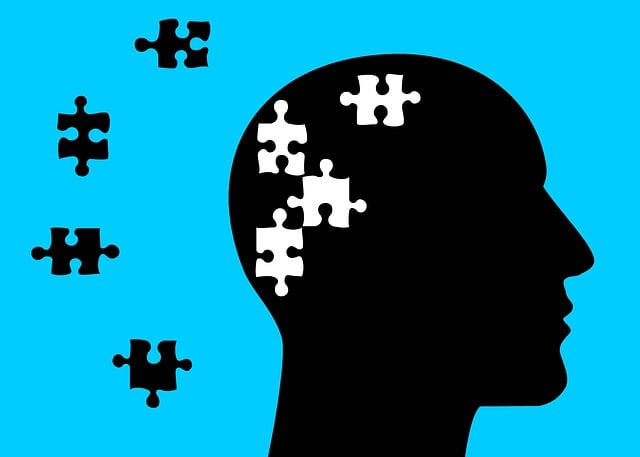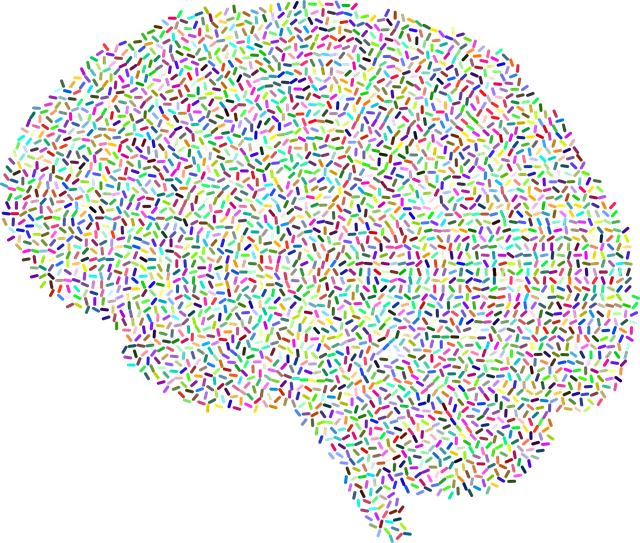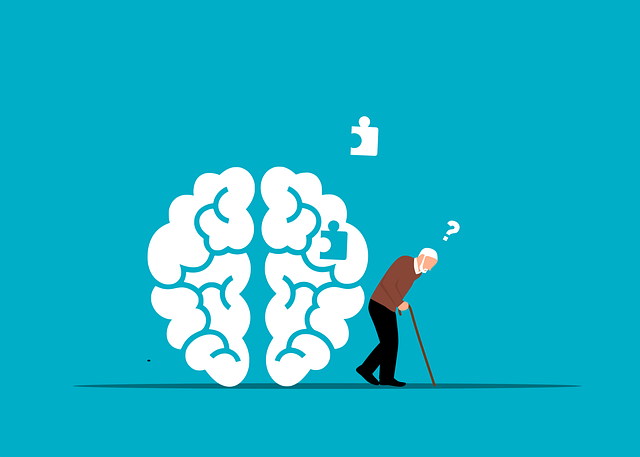Wheat Ridge Couples Communication Issues Therapy enhances emotional well-being by teaching effective coping skills tailored to each couple's needs. Therapists employ Mental Health Policy Analysis, advocacy, and diverse techniques like Risk Assessment and Mental Wellness Journaling to improve communication and conflict resolution. Through these holistic methods, couples gain emotional intelligence, build resilience, and strengthen their relationships, leading to better mental health outcomes. This therapy creates safe spaces for authentic connection, fostering self-esteem and adaptability in navigating life's challenges together.
Coping skills development is a vital aspect of therapy, enabling individuals and couples to navigate life’s challenges with resilience. This article explores the significance of coping mechanisms in Wheat Ridge Couples Therapy, focusing on improving communication issues that often plague relationships. We delve into practical strategies for fostering healthy coping skills, emphasizing their role in building stronger connections. By understanding these techniques, individuals can enhance their ability to manage stress and conflicts, ultimately nurturing more fulfilling relationships.
- Understanding Coping Skills and Their Significance in Therapy
- Unraveling Communication Issues in Wheat Ridge Couples Therapy
- Strategies for Effective Coping Skill Development
- Nurturing Healthy Relationships through Continuous Practice
Understanding Coping Skills and Their Significance in Therapy

Coping skills are essential tools that individuals use to navigate life’s challenges and maintain emotional well-being. In the context of Wheat Ridge Couples Communication Issues Therapy, understanding these skills is paramount. Effective coping strategies enable partners to address conflicts, reduce stress, and enhance their overall relationship satisfaction. Therapists play a pivotal role in teaching couples how to recognize and employ healthy coping mechanisms tailored to their unique needs.
By integrating concepts from Mental Health Policy Analysis and Advocacy and Cultural Sensitivity in Mental Healthcare Practice, healthcare providers can offer more comprehensive care. They become adept at addressing cultural competency training, ensuring that each couple receives support that respects their diverse backgrounds and experiences. This holistic approach not only improves individual coping abilities but also fosters stronger connections within relationships, ultimately leading to better mental health outcomes for couples seeking therapy in Wheat Ridge.
Unraveling Communication Issues in Wheat Ridge Couples Therapy

In Wheat Ridge Couples Therapy, unraveling communication issues is a cornerstone of fostering healthy relationships. Many couples struggle with misaligned expectations, unmet needs, and defensive patterns that hinder open dialogue. Therapists play a crucial role in facilitating effective communication by creating a safe space for expression and understanding. They employ various techniques from the Risk Assessment for Mental Health Professionals to help partners identify triggers, improve active listening skills, and develop constructive conflict resolution strategies.
Through Mental Wellness Journaling Exercise Guidance, therapists encourage introspective conversations and emotional sharing, addressing underlying issues that contribute to communication breakdowns. This process not only strengthens their bond but also promotes a deeper understanding of each other’s perspectives, integral to the Mental Health Policy Analysis and Advocacy for long-term relationship health and happiness.
Strategies for Effective Coping Skill Development

Developing effective coping skills is a crucial aspect of personal growth and well-being, especially when navigating through challenging life situations like Wheat Ridge Couples Communication Issues. Therapy plays a pivotal role in this process, providing a safe space for individuals or couples to explore and address underlying issues. Through various therapeutic techniques, clients can learn to identify and manage their emotions, enhance communication, and develop healthier coping strategies.
One of the key components of skill development is fostering emotional intelligence. This involves recognizing and understanding one’s own emotions and those of others, which can be significantly boosted through confidence-building exercises. By encouraging positive thinking and reframing negative thoughts, individuals can begin to perceive challenges as opportunities for growth and personal transformation. These emotional healing processes are essential in building resilience and allowing individuals to adapt effectively to stressful situations, ultimately improving their overall quality of life.
Nurturing Healthy Relationships through Continuous Practice

Building and nurturing healthy relationships are essential aspects of coping skill development. Effective communication is key to fostering strong connections with partners, friends, and family. Wheat Ridge Couples Communication Issues Therapy offers valuable tools for couples seeking to improve their relationship dynamics. Through dedicated sessions, individuals learn to express their needs, emotions, and boundaries openly, creating a safe space for authentic connection. This process involves practicing active listening, empathy, and constructive conflict resolution strategies, all of which contribute to enhanced communication skills that extend beyond therapy sessions.
By regularly engaging in these practices, couples can create a supportive environment that promotes mental wellness coaching. Self-esteem improvement is often a byproduct of healthy relationship dynamics, as individuals learn to value themselves and their partners’ perspectives. Mental health education programs designed with these principles in mind empower individuals to navigate challenges together, fostering resilience and emotional well-being. Additionally, continuous practice strengthens the bond between partners, allowing them to face life’s complexities with enhanced communication skills and a deeper understanding of each other.
Coping skills development is a pivotal aspect of therapeutic journeys, especially in navigating Wheat Ridge Couples Communication Issues Therapy. By understanding and adopting effective strategies, individuals can enhance their ability to manage stress, resolve conflicts, and foster healthier relationships. Continuous practice, as highlighted in this article, ensures that these skills remain relevant and potent in everyday life, creating a more harmonious and fulfilling partnership. For those seeking improvement in their Wheat Ridge couples therapy experience, prioritizing coping skill development is an empowering step towards building resilient and communicative relationships.














